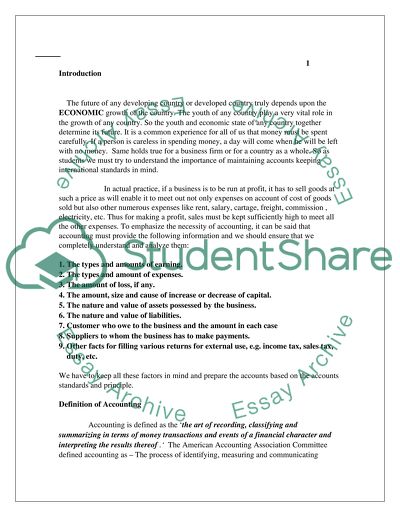Cite this document
(Financial Accounting principles Coursework Example | Topics and Well Written Essays - 1750 words, n.d.)
Financial Accounting principles Coursework Example | Topics and Well Written Essays - 1750 words. https://studentshare.org/finance-accounting/1503016-financial-accounting-principles
Financial Accounting principles Coursework Example | Topics and Well Written Essays - 1750 words. https://studentshare.org/finance-accounting/1503016-financial-accounting-principles
(Financial Accounting Principles Coursework Example | Topics and Well Written Essays - 1750 Words)
Financial Accounting Principles Coursework Example | Topics and Well Written Essays - 1750 Words. https://studentshare.org/finance-accounting/1503016-financial-accounting-principles.
Financial Accounting Principles Coursework Example | Topics and Well Written Essays - 1750 Words. https://studentshare.org/finance-accounting/1503016-financial-accounting-principles.
“Financial Accounting Principles Coursework Example | Topics and Well Written Essays - 1750 Words”. https://studentshare.org/finance-accounting/1503016-financial-accounting-principles.


